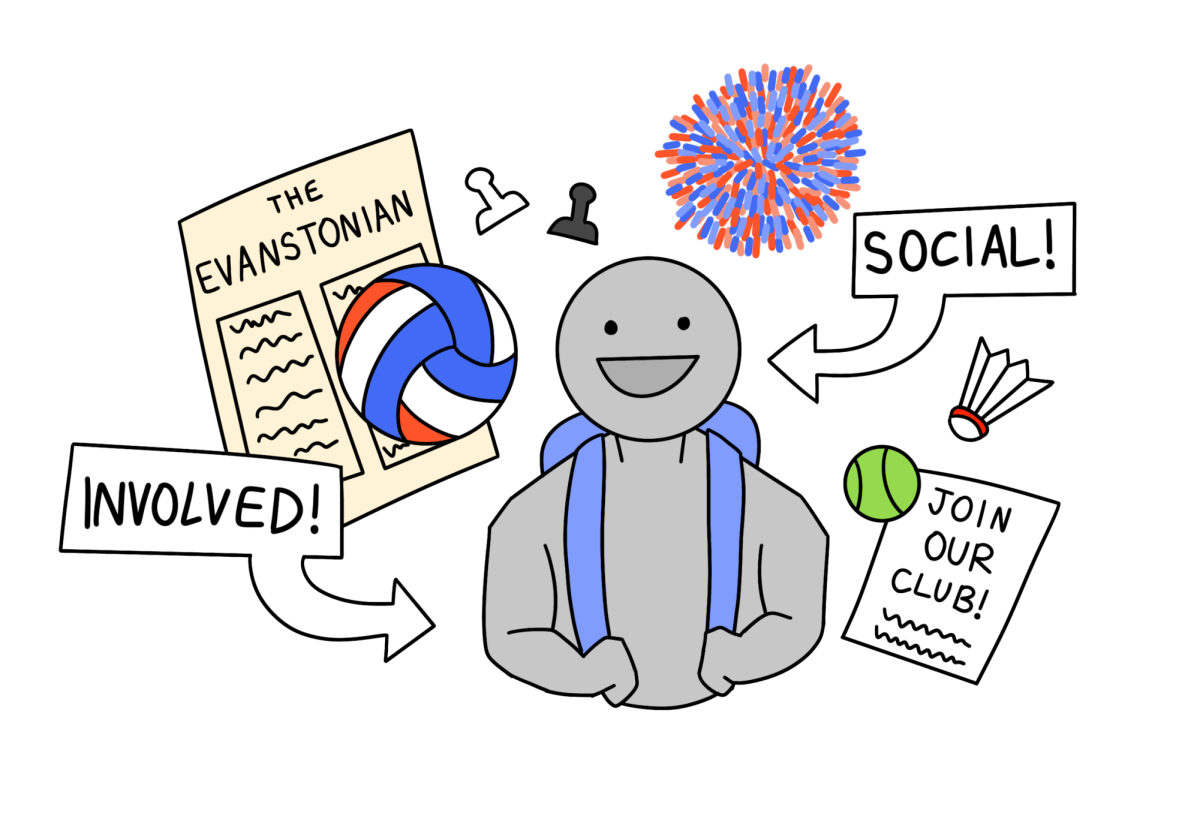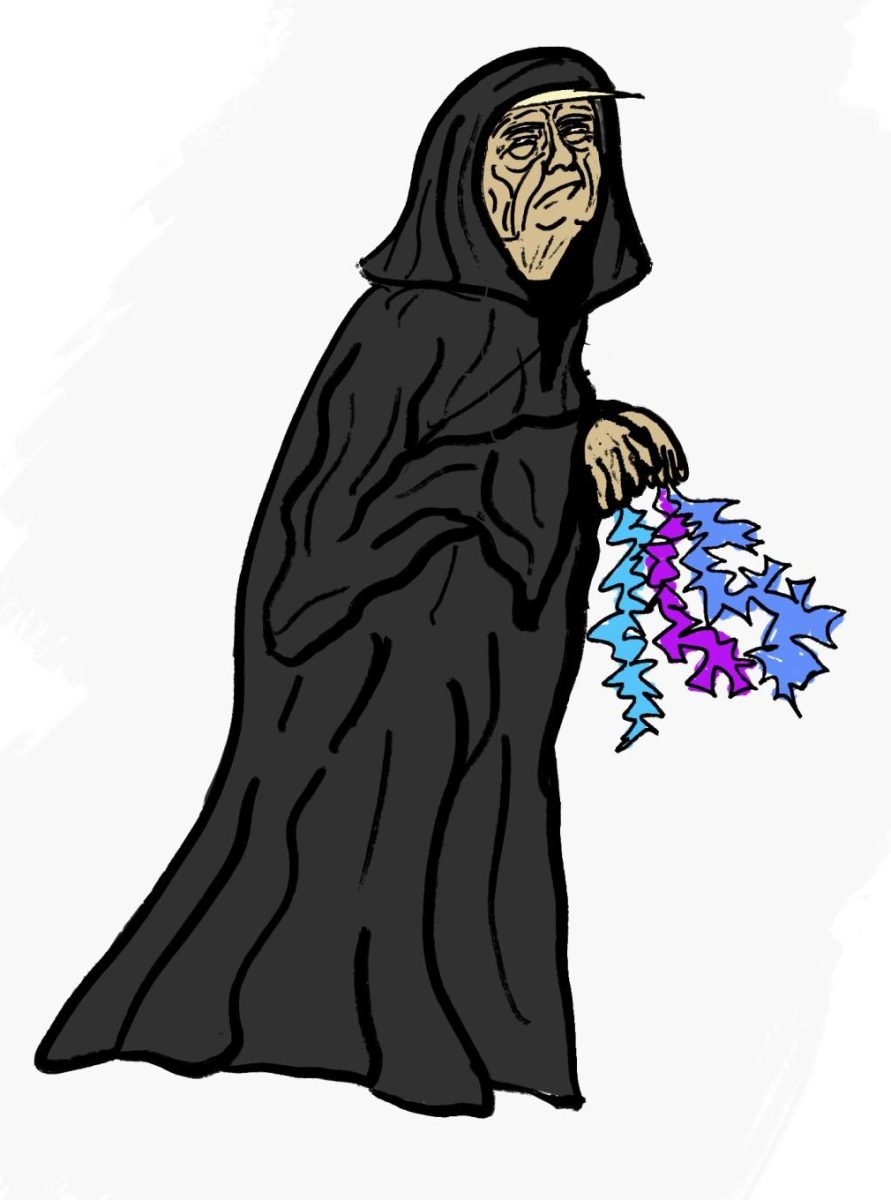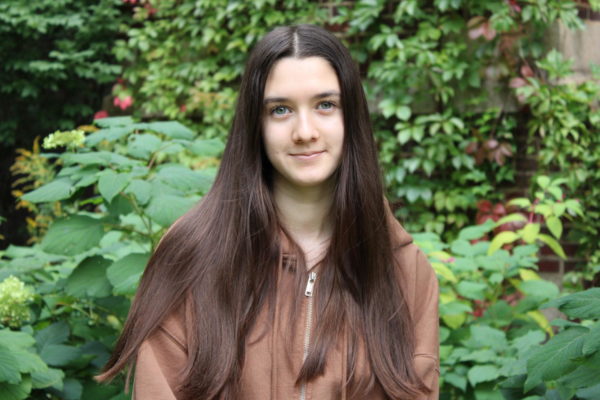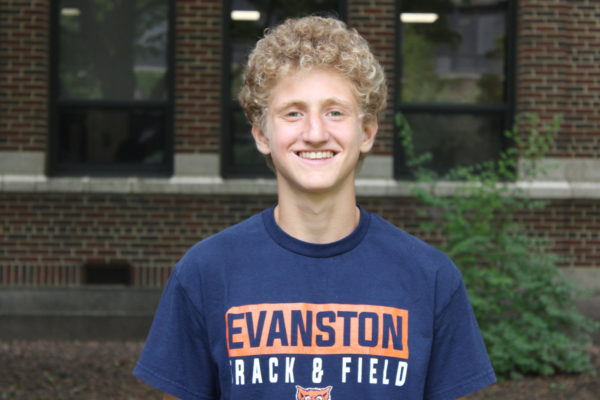ETHS has accrued many accolades over the years, such as, famously, “the largest school under one roof in the US.” More trivial accolades aside, the school’s efforts to detrack and close the opportunity gap have earned it encouragement and praise. But overall, what most Wildkits identify as their school’s greatest strengths is the wide array of course selections. Many of us remember how exciting, but overwhelming, it was to pick elective courses as an incoming Freshman; how did we know if we would like culinary or child development better? And what even is personal finance? However, as we moved through course selection in subsequent years, many of us began to notice a pattern in the types of classes the school offers: a noticeable lack of Humanities courses – especially when it comes to electives. And compared to the wide variety of STEM-focused classes that ETHS offers, the number of humanities (English and history) classes appears even smaller.
Frustration with limited choice escalates when students reach their junior and senior years; after all, students are often told that they will have increased flexibility with their schedule and can finally take the classes they want to take. For many, this means finally being able to take AP Physics, or zoology instead of basic chemistry or biology. Humanities-inclined students feel the same: will I finally be able to take a creative writing class? What about an entire class dedicated to poetry? For high-achieving students who have an interest in humanities courses over STEM ones, you can imagine the defeat that comes with realizing that for Juniors and Seniors, there is only one Advanced Placement English option each year.
It is similar for history classes. While there is a wider range of history courses for seniors than English courses, the options are still limited. AP US History and Civics teacher Michael Pond agrees, “I think history is important. I would love to see additional history electives.” Seniors have only three options for history APs and nine classes to choose from in total. When compared to the fourteen STEM classes offered to seniors, it becomes clear that ETHS has priorities. As students with great interest in English and history, we have found ourselves consistently disappointed when filling out course request forms. With few options, we struggle to come up with alternate classes that would interest us if our first choices were not available.
Another difference is that STEM courses offered at ETHS tend to build on each other so that students can continue to grow their learning. For example, ETHS offers regular physics, AP Physics I, AP Physics C, and AP Physics II. Students have the opportunity to delve further into the subject and get exposure to a field that could potentially become their college major. There is no similar progressive structure for humanities classes at ETHS. Senior Kate Myers feels the same. After her four years at ETHS, she wishes she “would have been able to go into a specific part of English, like creative writing.” Myers also feels that English classes do not have as much diversity in subject matter, “they feel really repetitive from other English classes that we’ve taken in middle school,” she says. As a result, students may feel that they are jumping from one topic to another, but not necessarily deepening their learning or skills.
We are concerned about how these limited humanities options might impact our college applications since we have been told that colleges look favorably on students who demonstrate a steady progression through advanced learning classes. Perhaps more importantly, however, we are concerned that the school’s prioritization of STEM over English and history also leaves humanities-oriented students feeling that their areas of interest are less valued by their school- a place that is supposed to celebrate the unique learning strengths of each student. “I would love to see students have more of a voice in what humanities classes the school provides for them,” Mr. Pond states. The constant addition of STEM classes to the curriculum, such as nursing or zoology, leaves humanities students feeling ignored. While it is great that ETHS is able to provide STEM students with so many opportunities, it can seem disheartening to Humanities-inclined students
We recognize that there are complex reasons for the imbalance between advanced course options in STEM and humanities at ETHS and that some of them may be beyond the school’s control. For example, the College Board only offers two English AP classes (Language and Composition and Literature and Composition). And the issue of STEM classes overpowering Humanities classes is a nationwide issue – not just an ETHS problem.
However, ETHS needs to take steps to correct the imbalance and provide more options to students with interests in the humanities. This would include adding more English classes as electives — such as creative writing or poetry-only electives as well as multiple Sophomore English classes. With broader choices and the ability to delve more deeply into a particular subject, ETHS students who are inclined towards the humanities will feel that their interests, needs and passions are valued as much as the needs of STEM-oriented students at ETHS.







